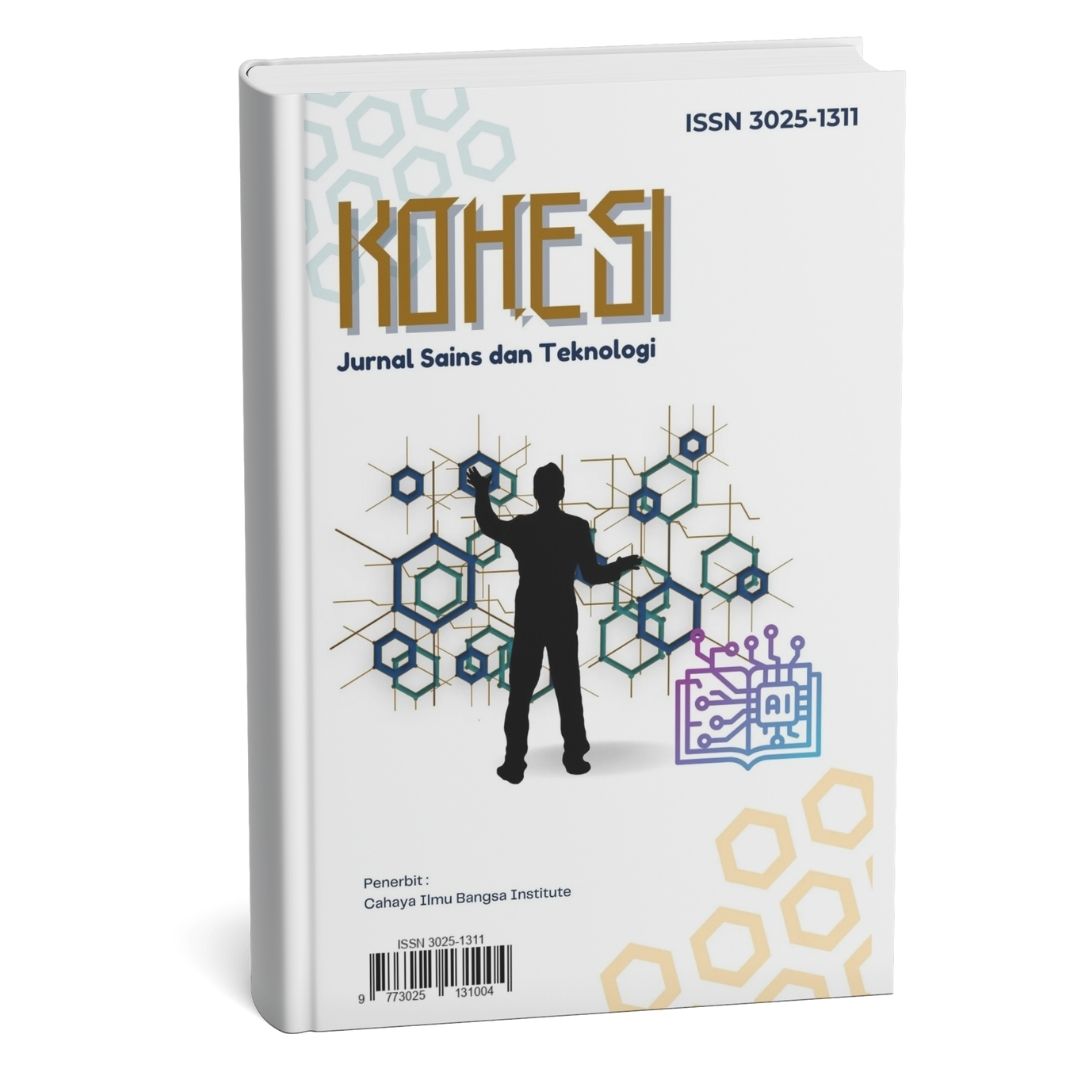BIOPELUMAS DARI MINYAK JELANTAH MENGGUNAKAN KATALIS SILIKA ALUMINA
Main Article Content
Abstract
Used cooking oil is a plant-based oil that has been utilized for frying but is often discarded directly into the environment due to inadequate reuse. One potential solution to repurpose used cooking oil is by processing it into biolubricant. Biolubricants are developed from animal fats and vegetable oils, making them renewable. Unlike synthetic and mineral lubricants, which degrade only 20% to 40%, biolubricants are biodegradable by more than 98% in soil. This study synthesizes used cooking oil into biolubricant using a silica-alumina catalyst. The process includes silica-alumina catalyst activation, used cooking oil esterification, methyl ester synthesis via transesterification, and biolubricant synthesis. The biolubricant synthesis was conducted with catalyst variations of 1%, 2%, 3%, 4%, and 5%, and reaction times of 90 and 120 minutes. The highest biolubricant yield obtained was 94.00%. The best biolubricant characteristics were achieved at a reaction time of 120 minutes and a 4% catalyst dosage, with a density of 0.8546 g/mL, kinematic viscosity of 11.3912 cSt, flash point of 275°C, and pour point of -3°C.
Article Details
Section
This work is licensed under a Creative Commons Attribution-NonCommercial 4.0 International License.

